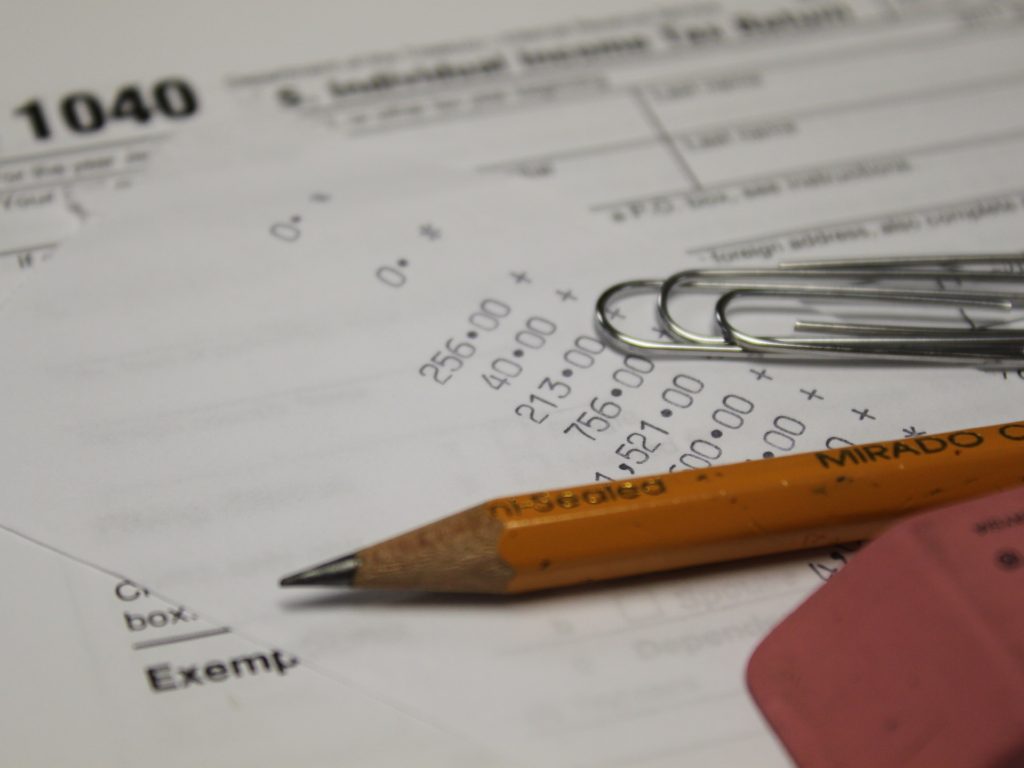Tax season is approaching. The filing deadline for corporate tax returns is right around the bend (March 17th this year!), and personal income taxes aren’t far behind. Here are some helpful tax tips that I have learned over the years.
1. Get a CPA. I understand that new small businesses are looking for ways to control costs. But here is money well spent. An experienced accountant is worth the investment, saving you time, money, and grey hair because the tax code is continually changing and expanding.
Furthermore, your CPA provides:
- Advice on setting up your business type, helping you format your financial reports to help you best run and monitor your business, and, of course, help in reducing your tax liability.
- Reminders for tax filing deadlines such as making sure you file all the required forms like payroll reports and Form 1099 Misc. Not filing certain forms on a timely basis can cost you plenty of money in penalties.
- Knowledge of small business tax deductions you may not have thought of and providing advice for complying with ever-changing federal, state, and local tax laws.
2. Get organized and keep good records. If you haven’t done this so far, begin keeping very detailed records and all of your receipts. Your accountant can help you with what records you need to keep and for how long.
In addition, your CPA can help recommend a record-keeping system for you. Many small businesses use computer software such as QuickBooks, but if that isn’t for you, you can create spreadsheets or try apps like Mint and Personal Capital.
Whether you use accounting software or a spreadsheet, keep track of:
- All income
- All business expenses, including:
- Office expenses
- Entertainment
- Employee payroll
- Business auto mileage (keep track of where you went, who you saw, how many miles you drove round trip)
- Equipment costs such as computers and printers
- Internet access fees
3. Track all your business expenses. Keeping track of everything that’s considered a business expense can be difficult. The IRS supplies a site where you can check out everything that counts as a credit or deduction.
When recording your business expenses, my number one tip—consistency is king! I can’t stress enough how important it is that when you record your expenses, you report that expense in the same category month after month.
Inconsistent recording of expenses throughout the year can cause the cost of preparing your tax return to skyrocket as your preparer has to search through your records to make sure your expenses are properly reported.
4. Determine which tax forms to use for your business. Most small businesses are run as a sole proprietorship or a single owner LLC. As a sole proprietor or a sole owner of an LLC, you’re allowed to report business income and expenses on your personal income tax return using Form 1040 Schedule C. If you are a partnership, you will File Form 1065. If you run a corporation, you will file Form 1120 or Form 1120S. The partnership and corporate tax returns are filed separately from your personal income tax return. You can find all these forms at www.irs.gov. (Hint: This is where the services of a good CPA come in very handy to help efficiently file your return, as well as to help get you all the deductions you deserve and save you tax dollars).
5. Annually file a Form 1099 MISC for each contractor and service provider. When running a business, you’re required by the IRS to provide a Form 1099 MISC to subcontractors and service providers whom you pay $600 or more in a year. That means anyone who provides services to your business from the cleaner to your website builder to your lawyer. To collect the information you need to file the Form 1099 MISC, have them complete a Form W-9.
If you fail to file Forms 1099 and the IRS catches you, the penalties can be quite severe. Make sure you get the W-9 information for all subcontractors and service providers and file a Form 1099 MISC for each of them every year.
For assistance in filing the Forms 1099, you can use sites like www.filetaxes.com, or if you’re using QuickBooks you can use the 1099 function in certain versions.

Philip Taylor PT via photopin cc
Have any small business tax tricks to share? Specific tax questions we can help you answer? Please share!